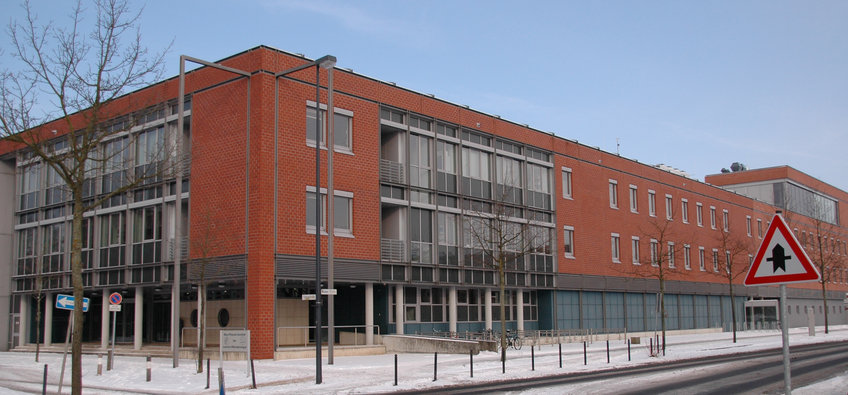
Max Planck Institute for Marine Microbiology
The Max Planck Institute for Marine Microbiology researches marine bacteria that transform carbon, nitrogen, sulphur and iron compounds, thus playing crucial roles in the global material cycle. These bacteria display widely varying adaptations, e.g. to food gradients in sediments, to low and high temperatures and to high pressure in the deep sea. The scientists at the Institute research material gradients and balances and the influence of currents and sediment-inhabiting animals in the coastal regions of Europe, South America, Africa and the Artic, as well as in hydrothermal sources and in the deep sea. Particular attention is focused on bacteria which, for example, regulate the global nitrogen cycle in the low oxygen milieu. Other bacteria specialise in the decomposition of carbohydrates in plants and oil. Molecular biological technologies are used in the research with a view to attaining a better understanding of the variety, structure and function of microbial marine communities. The complex regulation and evolution of environmentally-relevant microorganisms are analysed in detail through the sequencing of entire bacterial genomes and large fragments of environmental DNA.
Contact
Celsiusstr. 128359 Bremen
Phone: +49 421 2028-50
Fax: +49 421 2028-580
PhD opportunities
This institute has an International Max Planck Research School (IMPRS):
IMPRS of Marine MicrobiologyIn addition, there is the possibility of individual doctoral research. Please contact the directors or research group leaders at the Institute.







